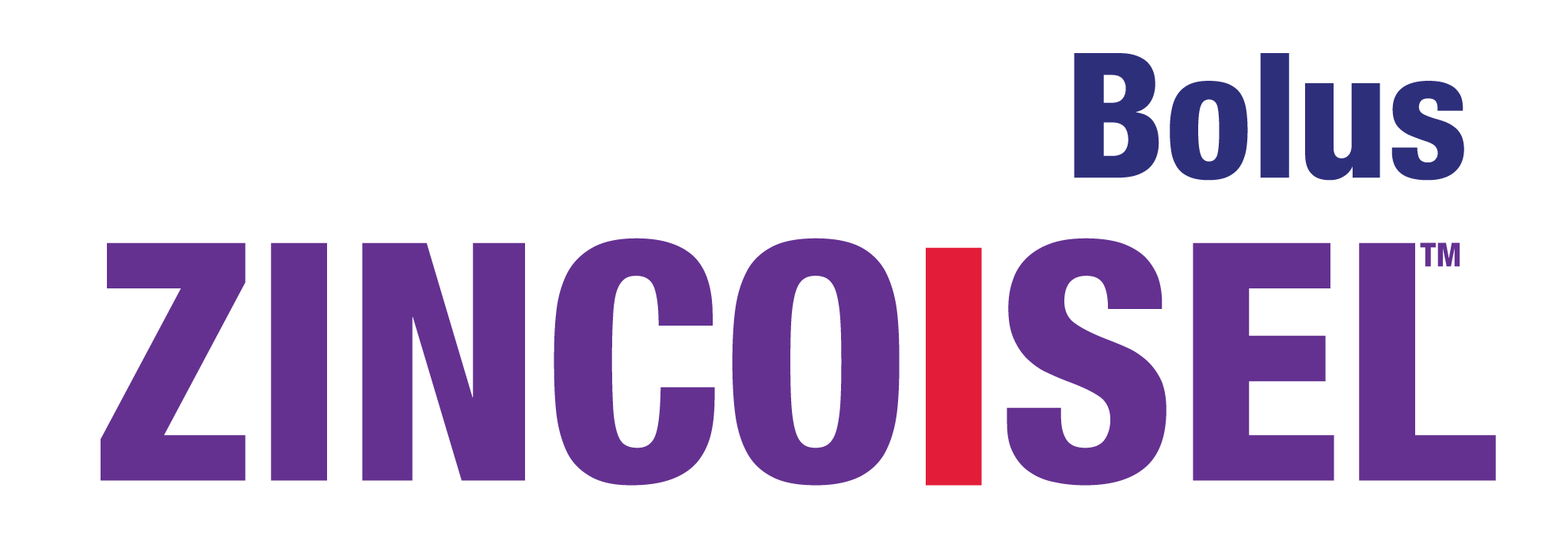KILDARE DAIRY FARMER CREDITS TRACE ELEMENT BOLUS WITH ADDRESSING HERD FERTILITY ISSUES
Brian, Hazel and Mark Gray, Gray Dairy Farm Partnership, Co Kildare
Brian, Hazel and Mark Gray run the Gray Dairy Farm Partnership in Co Kildare, which was originally a traditional liquid milk operation before converting to spring milk production in 2013. The team have 95 dairy cows and replacement stock on 55ha, and their emphasis has been on maximising milk from grass.
The Grays are renowned for their dedication to quality and employing best practices for health and productivity on-farm. Their calving interval and bulk SCC were the best in the Kildare Holstein Friesian Club in 2020 and they were one of the 500 lowest SCC herds supplying milk to Glanbia in Ireland in 2019.
In 2016 and 2017, the herd started to experience issues including fertility problems, retained placentas and neonatal calf losses. The Grays knew they had to get to the root cause of these issues.
Brian commented: “We were already aware that the soil contained high levels of molybdenum and suspected that this might be playing a role.”
The Grays were right; high levels of ingested molybdenum can combine with iron and sulphur in the diet to form a compound call Thiomolybdate. Thiomolybdate binds with copper co-dependent enzymes in the bloodstream (which are vital for fertility) and renders them inactive. This process is called thiomolybdate toxicity, although it is often colloquially referred to as copper lock.
Brian added: “We wanted to take a scientific, diagnostic-led approach to the issue and enlisted the help of two experts in ruminant nutrition from the UCD Vet School. Through the analysis of soil samples, herbage fresh grass, conserved grass, blood samples and a liver biopsy, the team concluded that high levels of ingested molybdenum were leading to copper lock (thiomolybdate toxicity), which was in turn resulting in the herd’s fertility and health issues.
The UCD team suggested the CoseIcure soluble glass trace element boluses as part of a programme to address these issues.”
The CoseIcure boluses contain a unique form of copper (ionic copper) which is available at the same pH as the rumen and is able to combine with thiomolybdate there. This, in turn, prevents thiomolybdate from passing into the bloodstream and causing copper lock. The CoseIcure boluses are particularly good in situations where high molybdenum is a factor, as is the case on the Grays’ farm.
In addition to providing ionic copper, the CoseIcure boluses also deliver ionic cobalt, selenium and iodine for up to six months, at controlled and constant rates that are consistent with the animal’s daily requirements.
In 2017, the Grays administered CoseIcure boluses to half the herd and were pleased with the results, so from 2018 onwards, they began administering the boluses to the whole herd, including the heifers.
The summary of improvements in herd performance with the changes of protocol, including the use of CoseIcure boluses, showed that:
- The first serve conception rate increased from 35% to 55% between 2017 and 2019.
- Calving interval improved by 11 days, from 378 days in 2017 to 367 days in 2019.
- Straws per conception improved from 2.1 in 2017 to 1.6 in 2019.
- In 2016, the three week submission rate for cows was 62% and this rose to 86% in 2020.
This showed an improvement of 24%. The national target for dairy herds for the three week submission rate is 90%. In 2020, the National average three week submission rate for dairy cows was 71% (Source ICBF Data).
This farm has seen solid improvements in breeding performance across all key reproduction parameters since the introduction and use of CoseIcure cattle bolus.
Brian concluded: ‘Since implementing the CoseIcure boluses into our protocol, we have experienced significant improvements in fertility, neonatal calf losses and retained placentas. Our cows are in good condition all the time with shiny coats, strong heats and better submission rates. Our calves are healthy and sturdy. I swear by the CoseIcure boluses and would recommend that farmers experiencing similar issues speak to their vet about whether CoseIcure boluses could be right for their herd too.’
TO FIND YOUR LOCAL COSEICURE STOCKIST, CALL BIMEDA ON 01 466 7941 OR CALL BIMEDA GENERAL MANAGER ANDREW GLYNN ON 087 252 5110
Nutritional supplementation of any kind should only ever be given on the advice of a veterinarian, nutritionist or animal health adviser, where appropriate diagnostics have taken place and a need for supplementation has been identified. Where over supplied, trace elements can result in toxicity, particularly copper and selenium.
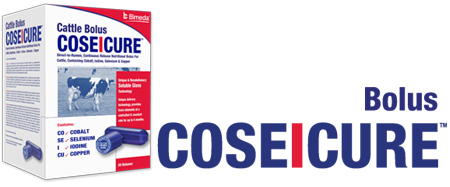
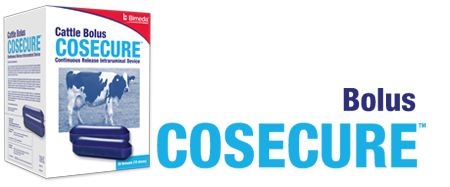
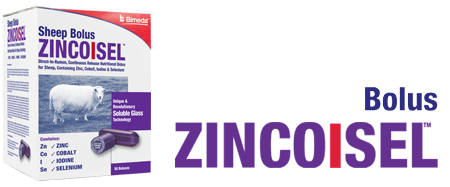
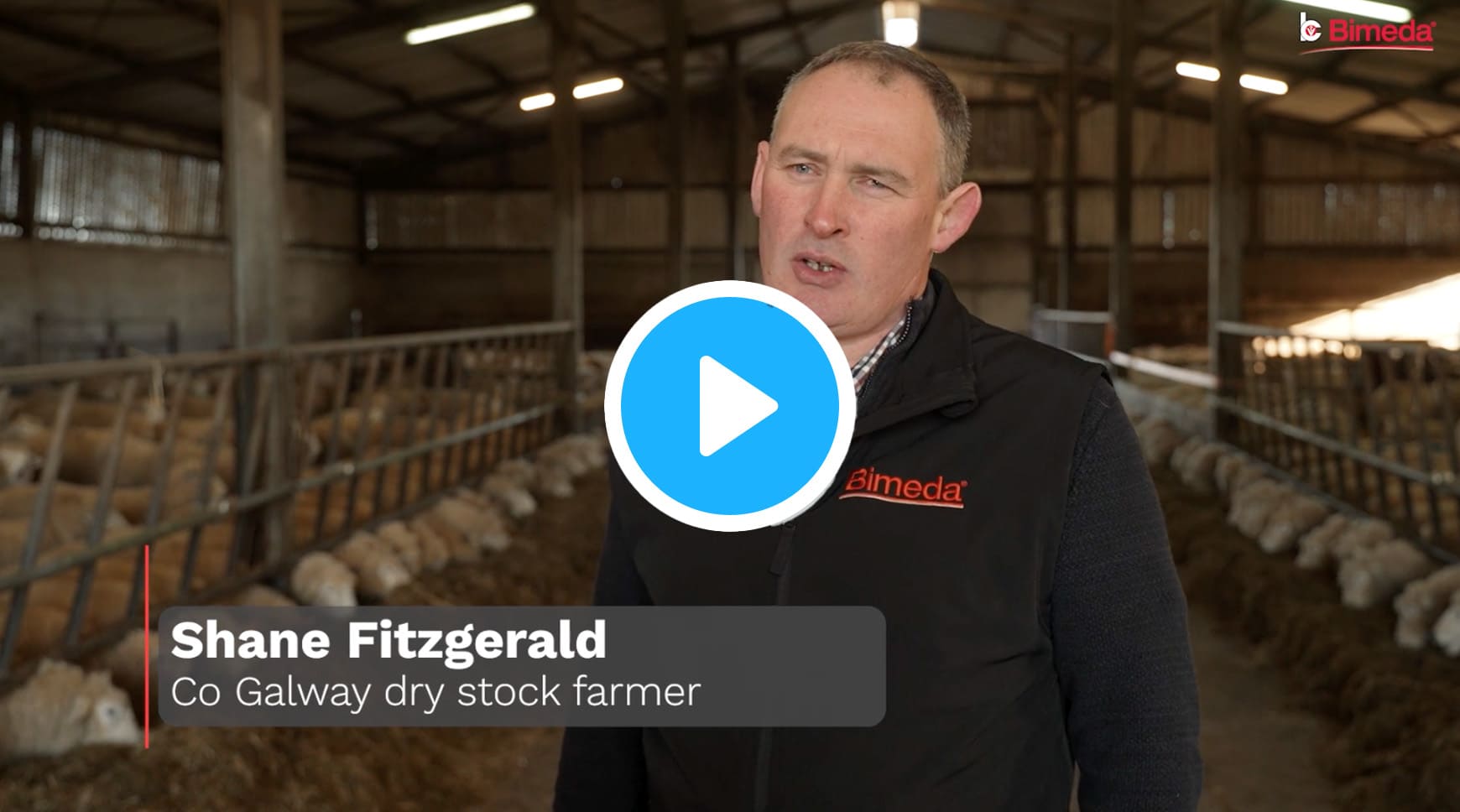
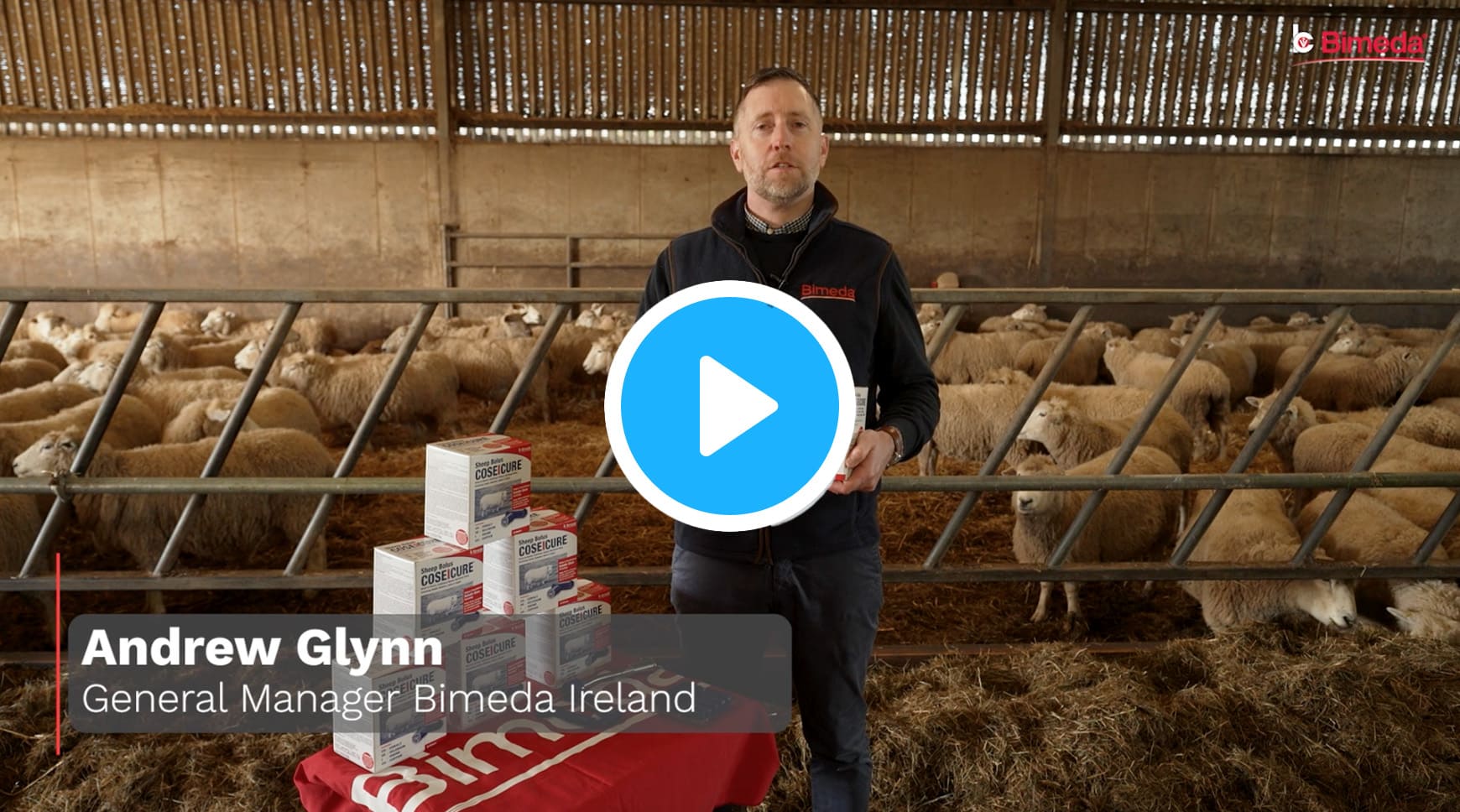
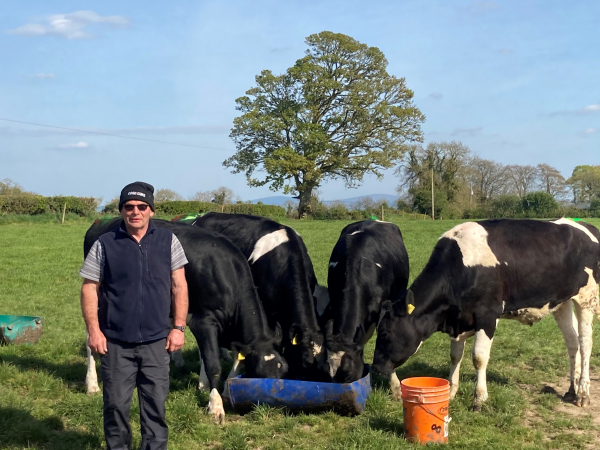

 IONIC COBALT
IONIC COBALT
